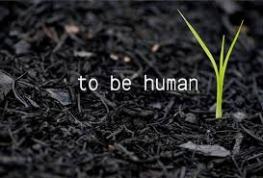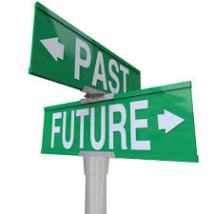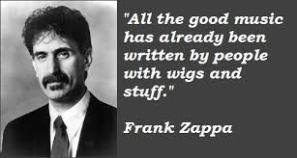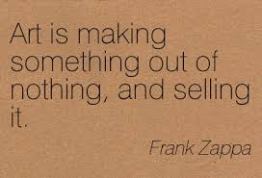“Hundreds of years from now, it will not matter what my bank account was, the sort of house I lived in, or the kind of car I drove… But the world may be different because I did something so bafflingly crazy that my ruins become a tourist attraction.”
PART 1
When most of us think of time, we think of what merriam-webster.com defines as “the thing that is measured as seconds, minutes hours, days, years, etc. : a particular minute or hour shown on a clock”. But what is time really? merriam-webster.com continues, perhaps trying to capture this idea, that time is “a non-spatial continuum that is measured in terms of events which succeed one another from past through present to future”. I think this idea of time being measured in terms of events that happen from then to now and what’s still to happen.
Jeanette Winterson, in her science-fiction novel The Stone Gods, discusses time on many levels (in a head-scratching, what is time? way). (I am looking forward to reading this book a second time.) Throughout the book Winterson is never clear about when this book takes place, what the time period is. It is clear that it is futuristic (for most of the book – there is a brief stint that is clearly in the past on Easter Island), but how far into the future? Winterson never makes it clear, but I deduced that Billie, the main character throughout the novel, is around 30 years old and was born in the latter quarter of the 20th century (so I figure around 1975). So based on my deductions, this book takes place in the early 2000’s – which to us, right now, is the past. But what is time anyway? Time is a list of events.
Also during the book, especially further into the book, Winterson toys with the idea (not outwardly) of time travel. Several characters in the book find the book The Stone Gods; leading you to wonder… “Who wrote this? Where did it come from? Who left it behind?” And of course, the end of the book ******SPOILER ALERT****** “At the bend in the track, I see what I know I will see: the compact seventeenth-century house, built on the sheer fall of the drop to the stream. There’s a water-barrel by the front door, and a tin cup hung on a chain, and an apple tree at the beginning of the garden, where it meets the track… I have my hand on the gate, but I hesitate for a minute because when I go through I can’t come back” (206). This section is describing what could be a time travel portal or something… there aren’t houses like that any more in the time where Billie is coming from (whether it be Tech City or Wreck City). Even her living museum (farm) is gone at this point in the book. So I wonder here… how far into the past is she going? Seventeenth Century? Or just to her own farm. I think she is joining her birth mother – in Heaven?? Is it her mom whom she is talking to, who she says, “It’s you, and it’s me, and I knew it would end like this, and that you would be there, had always been there; it was just a matter of time” (206-7). Time is what fills in the gaps I guess of what is going on in the world, in our own lives. Maybe time isn’t even real. Time is just an idea. Which I guess, means that time doesn’t matter. What we do with our lives and our love and our skills is what matters. Not time.
PART 2
I felt that Winterson’s The Stone Gods brought up many issues that aren’t so far off track from what many people are thinking of and dealing with today. For example, in these futuristic utopian/dystopian books, books, actual physical books, are (basically) obsolete. Everything is digital. Humans are becoming an unskilled race who can’t survive without technology. Government has collapsed and has been ‘taken over’ by THE large corporation (I pictured Wal-Mart as MORE), providing everyone with whatever it was they needed or wanted. Robots are the norm. And even Robo sapiens are being created in order to have a fully objective, intelligent figure making the “right” decision.
The humanities sort of is this scenario. The humanities encompasses so much of what this book deals with. Major questions about time and space and culture and how we as a population are growing, changing and governing. Philosophy. Education. Text (in all forms). How technology and literature (for example) fit together.
*side note*
I struggled with this blog. I will probably write an “amendment” to it. I don’t feel as though I wrapped it up at all – this is my fault for writing it over several sittings, for taking the “time” aspect of the assignment (when I probably should have taken the more general ‘humanities’ aspect) and because my ice pack exploded on my book and – essentially – ruined it. But we’ll see if I can get this done. Just know, that I’m sorry, I don’t feel this is my best.














